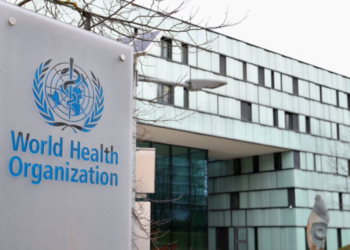Pharmaceutical company, May & Baker Nigeria Plc has signed an agreement with the subsidiary of the French pharmaceutical giant, Sanofi, Sanofi Nigeria Limited.
The agreement was signed by Sanofi’s General Manager and Country Chair Nigeria–Ghana, Mrs. Folake Odediran and Managing Director, May & Baker Nigeria Plc, Nnamdi Okafor.
Details of the agreement: The Nation reported that the agreement entails May & Baker using its manufacturing facility which is World Health Organisation (WHO)-certified to manufacture drugs for Sanofi.

May & Baker Nigeria will produce four product brands of Sanofi for sale in Nigeria and the West African market. The products include Flagyl tablets and Suspension, Tarivid tablets, anti-infective medicines and Malareich tablets, an anti-malaria drug.
While speaking on the agreement, Okafor said a lot of work went into setting up May & Baker Nigeria’s internationally standard production facility as the company invested heavily to obtain the certification of WHO Good Manufacturing Practice (GMP). This enabled the company extend services to other products owners who might also want to localise their medicine production in Nigeria.
[READ MORE: NMRC signs N3bn mortgage agreement with Kaduna govt)
According to him, May & Baker Nigeria’s WHO-certified complex, known as The Pharma Centre, has the capacity to produce 6.0 billion tablets and 37.5 million 60ml liquid medicines annually.
Also commenting on the deal, Odediran said Sanofi was satisfied with the quality of May & Baker Nigeria’s facilities. She said that building strategic partnership with May & Baker Nigeria Plc to support local manufacturing ambition was based on May & Baker Nigeria’s rich history of producing high-quality medicines in Nigeria.
What you should know: The agreement is coming after the National Agency for Food and Drugs Administration and Control (NAFDAC) called on pharmaceutical brand owners to localise their production by using locally available capacity to produce quality products in Nigeria. Hence, this agreement promotes the localisation policy of NAFDAC and practical attainment of medicine self-sufficiency.


















